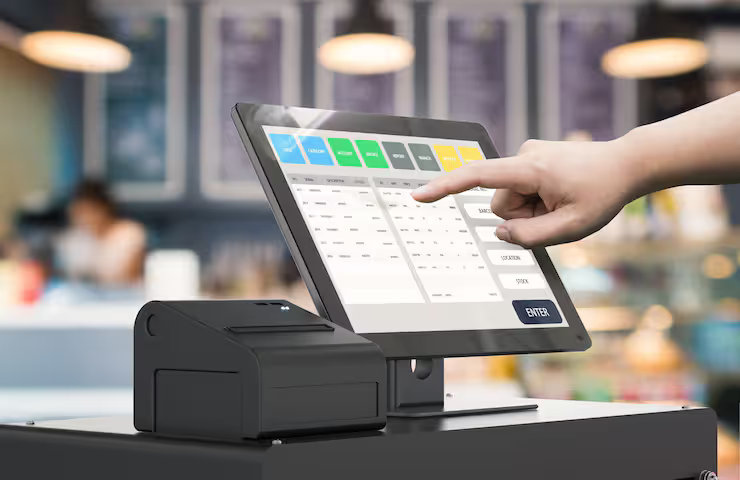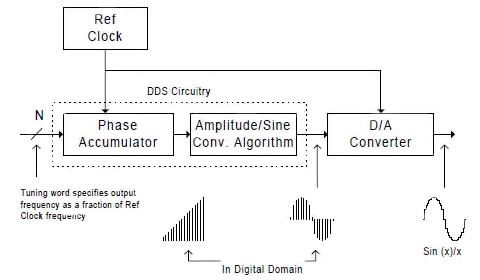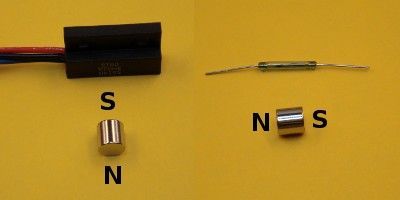Modern billing machines often include additional features like inventory tracking, tax calculation, digital payment integration, and barcode scanning. With the growth of digital payments and e-commerce, billing machines are now an essential tool for businesses of all sizes to maintain smooth and reliable operations.

Importance
The relevance of billing machines today extends beyond simple receipt generation. They play a critical role in:
-
Accuracy: Reducing human errors in calculations and ensuring customers are charged correctly.
-
Efficiency: Speeding up checkout processes and reducing waiting times for customers.
-
Transparency: Providing clear, printed receipts that customers can verify.
-
Compliance: Helping businesses comply with tax and financial regulations by recording transactions.
-
Inventory Management: Some billing machines integrate with stock systems, helping shopkeepers monitor supply and demand.
-
Digital Payments: Seamless integration with debit cards, credit cards, and mobile wallets.
For small businesses, billing machines save time and effort. For larger enterprises, they improve customer experience and streamline operations across multiple branches.
Recent Updates
In the past year (2024–2025), several trends have influenced billing machine technology:
-
Cloud-based billing: Machines that sync with cloud servers allow owners to track sales remotely in real time.
-
Integration with POS software: More billing machines are bundled with advanced Point-of-Sale (POS) systems.
-
Touchscreen interfaces: Easier navigation with user-friendly designs similar to smartphones.
-
Mobile billing apps: Small vendors increasingly use smartphone-based billing solutions as an alternative to bulky machines.
-
Government-driven digital adoption: Many countries are pushing for digital receipts and GST-compliant billing, leading to demand for updated machines.
These changes highlight the shift from simple hardware devices to intelligent, connected systems that fit into digital business ecosystems.
Laws or Policies
Billing machines are closely tied to taxation and consumer protection laws. Depending on the country, regulations may include:
-
Tax Compliance: In nations like India, GST-compliant billing is mandatory for registered businesses. Billing machines help automatically calculate and print GST amounts.
-
Digital Receipt Mandates: Some regions encourage or mandate electronic receipts to reduce paper usage.
-
Data Security Laws: Since billing systems may store customer data, businesses must comply with data protection laws.
-
Local Business Licensing: Retailers may be required to use certified billing machines to avoid fraudulent practices.
-
Fiscal Printers: In certain countries (e.g., Italy, Brazil), fiscal printers linked to tax authorities are required for official receipts.
Policies ensure transparency in trade, accurate tax collection, and consumer rights protection.
Tools and Resources
To make the most of billing machines, businesses can use additional tools and resources such as:
-
POS Software: Square, Shopify POS, Lightspeed, Zoho Books.
-
Inventory Management Tools: Tally, Marg ERP, QuickBooks integration.
-
Government Resources:
-
GSTN portal (India) for compliance.
-
IRS or local tax authority guidelines for proper billing practices.
-
-
Billing Apps for Small Businesses: Vyapar, Khatabook, myBillBook.
-
Online Calculators: GST and VAT calculators for accurate billing.
By combining billing hardware with software and mobile apps, shops can ensure both compliance and efficiency.
Frequently Asked Questions (FAQs)
Q1: What is the difference between a billing machine and a POS system?
A billing machine is primarily used for generating receipts and handling basic transactions. A POS system includes billing but also integrates inventory, sales analytics, and customer relationship management.
Q2: Do small shops really need billing machines?
Yes. Even small shops benefit from accurate billing, tax compliance, and professional receipts. Some compact and affordable models are designed specifically for small businesses.
Q3: Are billing machines mandatory by law?
It depends on the country and business type. In many regions, registered businesses above a certain turnover are required to issue GST- or VAT-compliant bills using approved machines or POS systems.
Q4: Can billing machines accept digital payments?
Yes. Many modern machines integrate with card readers, QR code payment systems, and mobile wallets to support cashless transactions.
Q5: How do billing machines support inventory management?
Some machines connect with software that automatically deducts sold items from stock, providing real-time inventory updates.
Final Thoughts
Billing machines have become a necessity for modern shops, regardless of their size. They enhance efficiency, improve customer trust, and help businesses remain compliant with tax and financial regulations. The trend toward cloud-based billing and mobile integrations shows that the future will be increasingly digital and connected.
Shop owners should evaluate their needs, regulatory obligations, and customer expectations before choosing a billing machine. By integrating billing solutions with POS software and digital payment options, businesses can achieve smoother operations and long-term growth.







